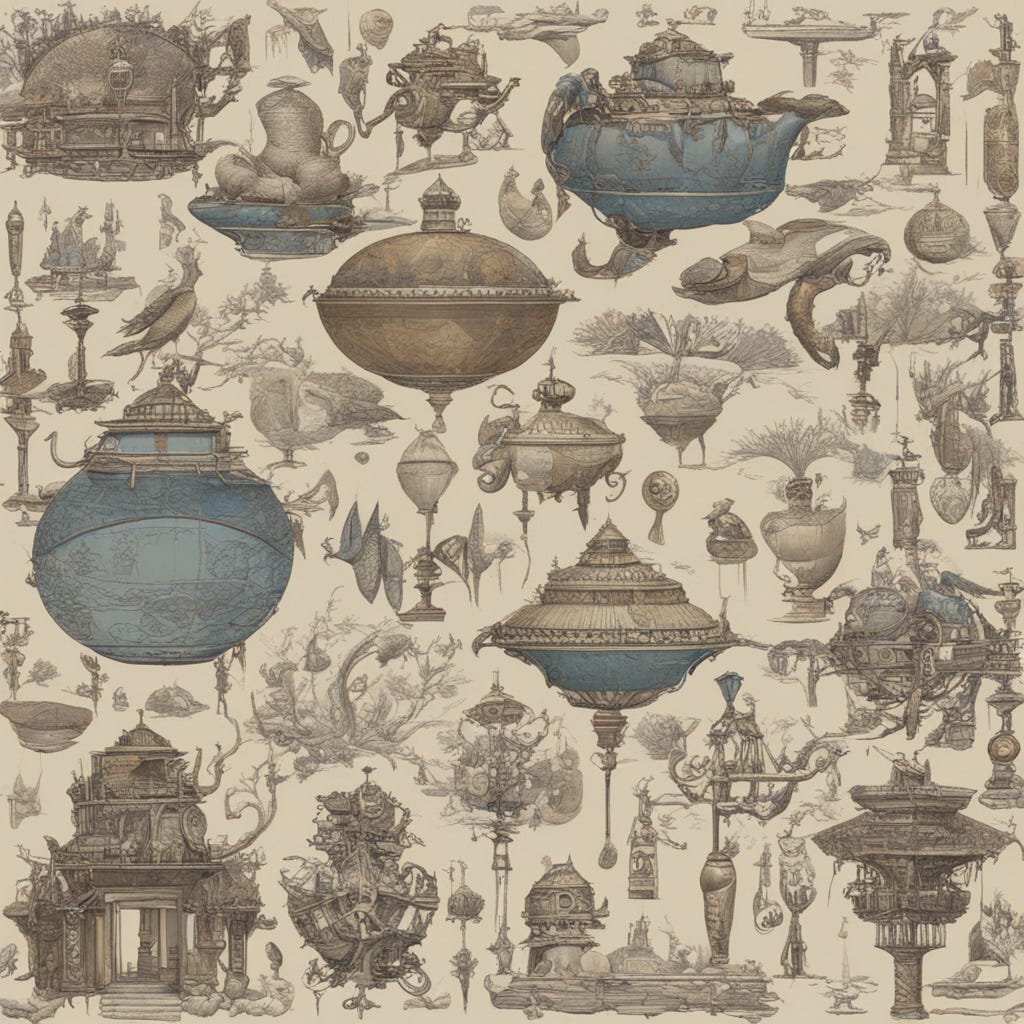It was only relatively recently that I became aware that many North Americans are unfamiliar with the humble electric kettle. I can only assume this is a result of the Boston Tea Party, the consequential disapproval of the drinking of tea and the subsequent lack of a need to make a beverage with water that is actually boiling. In Australia, we proudly possess electric kettles, although we also have these weird taps that produce allegedly boiling water that we are expected to make our tea with.
Such water is clearly not boiling, as evidenced by the fact that when I fill a kettle with it, it takes the kettle at least 30 seconds or more to boil. I did experiment with making tea with the hot water faucet thing but it had this weird film on the top and whatever it tasted of, it was not proper tea.
Tea aside, I have continue to teach chemistry, insisting, as I do, on drawing a distinction between the giant ionic lattice formed through ionic bonding and the giant ironic lettuce formed in my own imagination.
This week’s Curios include bullies, homeschooling, a hot potato and much more.
Splash of the week
I have already mentioned Ben Jensen and colleagues’ report on Australia’s science curriculum and so, it seems, has everyone else. It is shocking that compared to leading nations, our science curriculum lacks both breadth and depth — the worst of all worlds — and perhaps that’s why it has made such a splash. However, I suspect Jensen must possess a little magic to obtain such wide traction. It is quite special to be written about in the Financial Review, The Guardian and The Australian. I was particularly interested in Paul Kelly’s essay on the subject, which added some analysis to the findings.
I used to aspire to having the kind of influence Jensen has over education policy. I used to pitch to Australian newspapers, but I’ve given up on that to focus on my Substack — at least I know that the writing I do here will be published. However, it is encouraging to see that a potentially arcane issue about the curriculum can gain so much traction. I don’t think it would have done so a few years ago and maybe that means things are fundamentally changing in Australia.
Natasha Bita, who is now one of Australia’s best education reporters with a thorough knowledge of the beat, also sourced comments from the Australian Education Research Organisation (AERO):
“The Australian Education Research Organisation, which reports to the nation’s education ministers, warns that the new curriculum ‘does not provide sufficient guidance to teachers’, who should not be required to ‘invent their own’ syllabus resources.
‘(The Australian curriculum) should lay out a sequence for teaching and guide to assessment that ensures learning,’ AERO has told the intergovernmental review of the upcoming National School Reform Agreement, which will set funding priorities and educational targets for schools over the next five years.
‘It could contain more specific detail about the knowledge students are expected to attain, and the means by which this learning should be demonstrated.’”
Still, we cannot avoid the structural issue that education in Australia is largely run by state ministers nobody has ever heard of, elected on issues unrelated to education, who are mostly passing through on the way to a more important job and whose policies, such as they exist, are enacted by an army of unaccountable state bureaucrats.
Instead, change will need to bubble up from below, with more schools recognising the value of developing a shared, knowledge-rich curriculum and of jointly planning lessons.
Bullies of the week
If you are a school bully, there is one place in Europe that you should be thinking of moving to.
Keep reading with a 7-day free trial
Subscribe to Filling The Pail to keep reading this post and get 7 days of free access to the full post archives.





